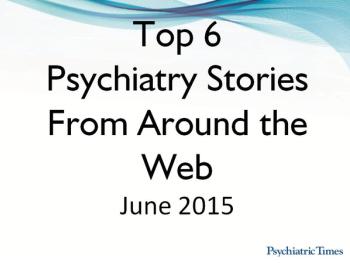
Editors' picks from stories in mental health.


Editors' picks from stories in mental health.

Playing helpless witness to a growing epidemic with no cure takes us back in time. The Hippocratics called it the “art” of medicine. It does not take a psychiatrist, however, to see that this “artful” approach frequently fails in public health crises.

Stress may be a common mediator in both obesity and depression. Here are the top 5 reasons to monitor obesity in depressed patients and practice psychoeducation on a routine basis.
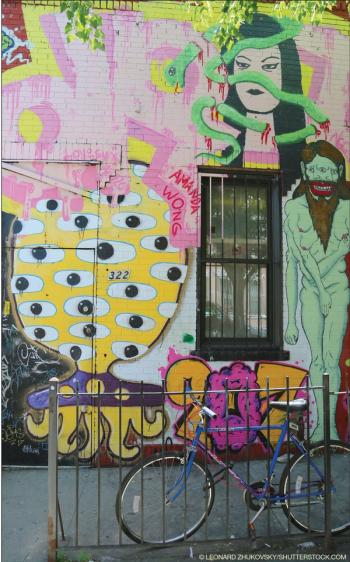
Special Reports have long been a mainstay feature of the monthly Psychiatric Times issues, but this two-part report on cultural competence and diversity is unique in both style and content.
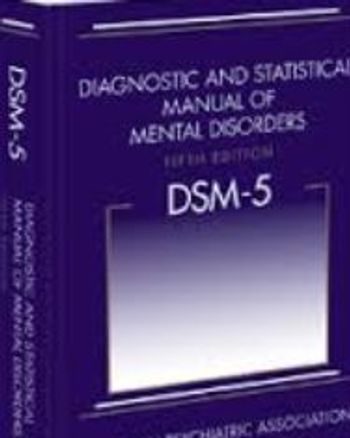
This evidence-based tool is composed of a series of questionnaires that assist clinicians in making person-centered cultural assessments to inform diagnosis and treatment planning.

The authors share a model for psychiatrists interested in collaborating with traditional healing and medicine.

Improving religious competence among clinicians is vital if everyday psychiatric care is to become truly person-centered.

Many of us are seeing patients who have been prescribed potentially addicting medication by another physician, and our level of vigilance needs to be high.
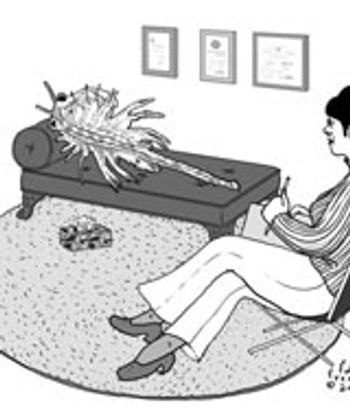
"So how did you feel when you found out you weren't a . . .?"
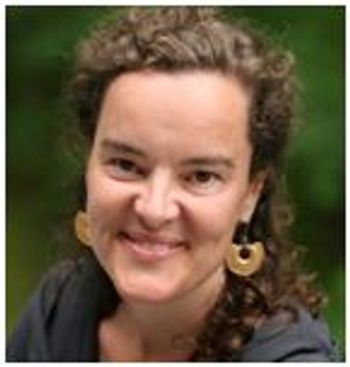
A Q&A with a board-certified psychiatrist, whose radio show has become a vehicle for hundreds of hidden experiences to be brought into the light and transformed into inspiring narratives.
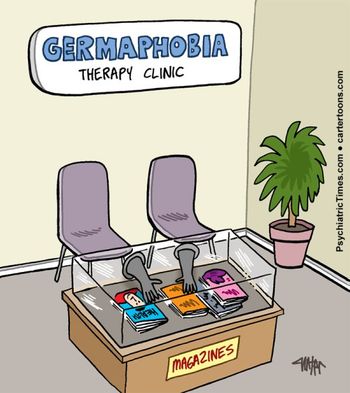
Some novel ideas for the therapy clinic.

What is the latest evidenced-based tool for cultural assessment that is included in DSM-5?

To determine a treatment plan, psychiatrists may consider the social and cultural context before they attempt to formulate an assessment and diagnosis of depression or another psychiatric disorder. The Cultural Formulation gives us the tools to do just that.
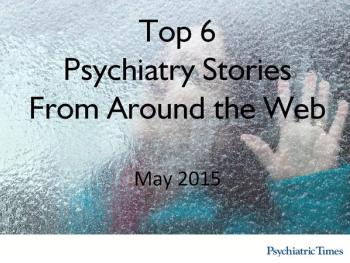
A list of noteworthy psychiatry-related stories from around the Web during the month of May.

With the advent and expansion of social media, we are seeing an increase in the phenomenon of mass humiliation. In this Q&A, we learn what surprised the author of a book on public shaming.
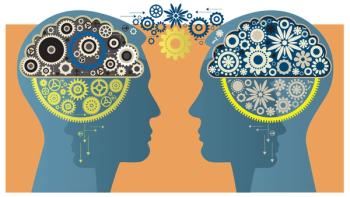
It is a source of shame for our nation that for most Americans in need-especially those with serious mental illness-the mental health system is dysfunctional. Nevertheless, we can fix some of the ways the system is broken.
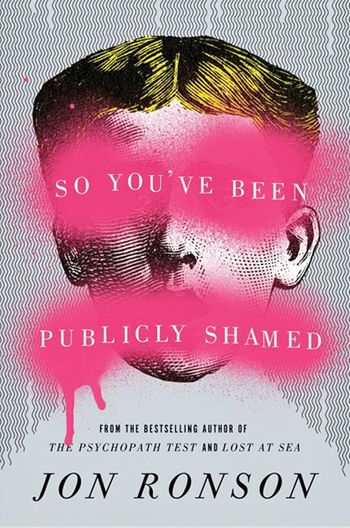
When our patients share their misdeeds with us, real or imagined, we can point them to examples of people who have experienced profound shame and managed to put their lives back together.

What does Dr Lieberman have to say about the state of psychiatry today, as it relates to schizophrenia, major depression, and other psychiatric disorders? More in this video.
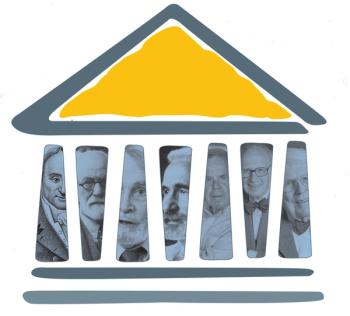
Psychiatrist and researcher Jeffrey Lieberman talks about his book and what he feels are the major issues in psychiatry today.
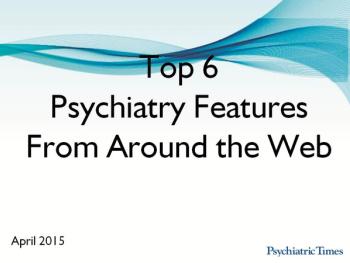
Editors' choices of noteworthy psychiatry-related news, blogs, CMEs, research studies, cases, and videos from around the Web.

In the spirit of Freud’s recommendation to free associate in psychoanalysis, perhaps we can be inspired to do whatever we can for freedom, human dignity, and the future of children.

Like the body’s inevitable arrival at homeostasis, a bereaved person's mind settles-eventually. A peer-to-peer conversation from someone who has been there.

Many people like to spend at least part of their free time playing video games. However, for some, what starts as innocent recreation becomes an addiction and, at times, tragedy ensues.
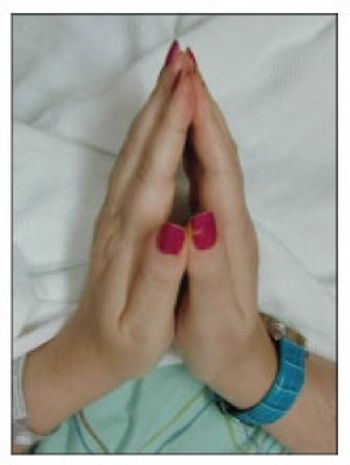
Watchman Nee’s suggestion of a potential link between spirituality and mental health is no longer foreign to the field of psychiatry. Recent studies indicate that spiritual beliefs may have a positive effect on mental health.

In his Editorial, Dr Allan Tasman reflects on a recent meeting he attended in Asia and considers the implications for psychiatric service planning in the US.